In every home, clutter can accumulate quickly, often due to items we buy without thinking about their long-term utility. While some purchases are necessary, others only serve to take up valuable space and create unnecessary chaos. A cluttered home not only makes it harder to keep your space tidy but also adds stress to daily life. By rethinking your purchasing habits and cutting out some common items, you can create a more streamlined, organized, and peaceful living environment. Here are a few household items you should stop buying to eliminate clutter.
1. Excessive Kitchen Gadgets
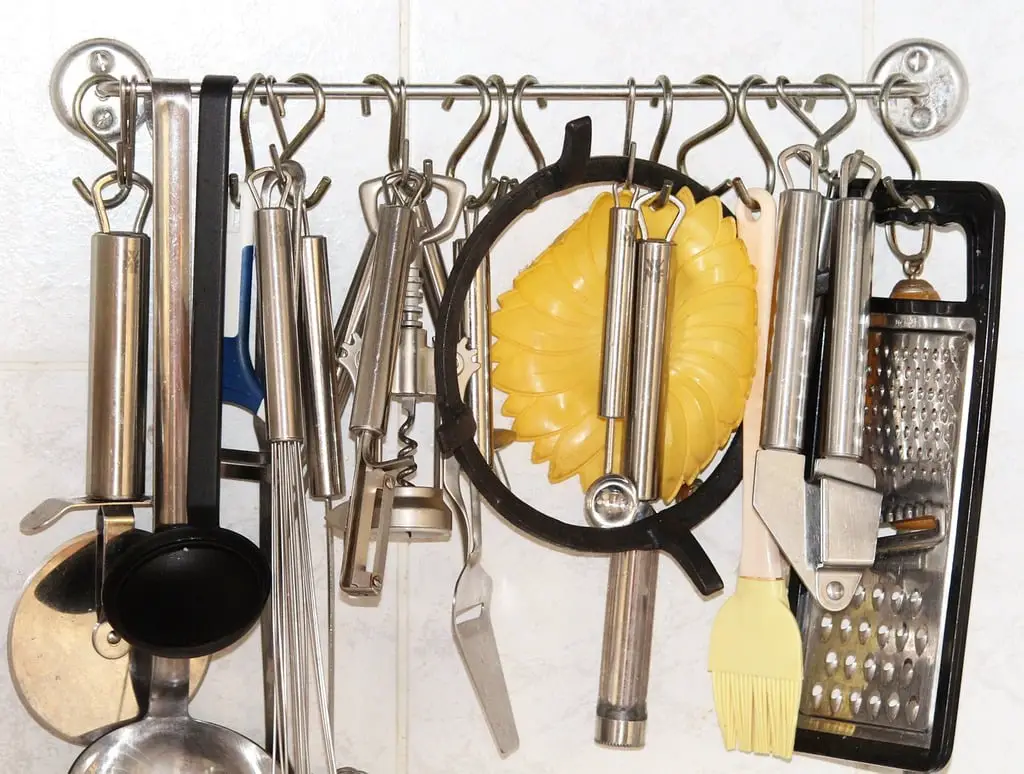
We’ve all been tempted by the latest kitchen gadget promising to revolutionize meal prep. However, many of these tools end up taking up valuable space and collecting dust in kitchen drawers. According to The Spruce, investing in quality, multipurpose tools is a better option than filling your kitchen with single-use gadgets. Items like avocado slicers, egg separators, or corn on the cob holders might seem useful in theory but are rarely needed in everyday cooking.
Instead, focus on versatile gadgets that can handle multiple tasks. A good knife, for example, can do the job of several specialized tools. Reducing the number of gadgets you own frees up drawer space and makes it easier to find the essentials. A minimalist kitchen with fewer tools is more efficient and functional, making meal preparation a smoother experience.
2. Unused Paper Towels
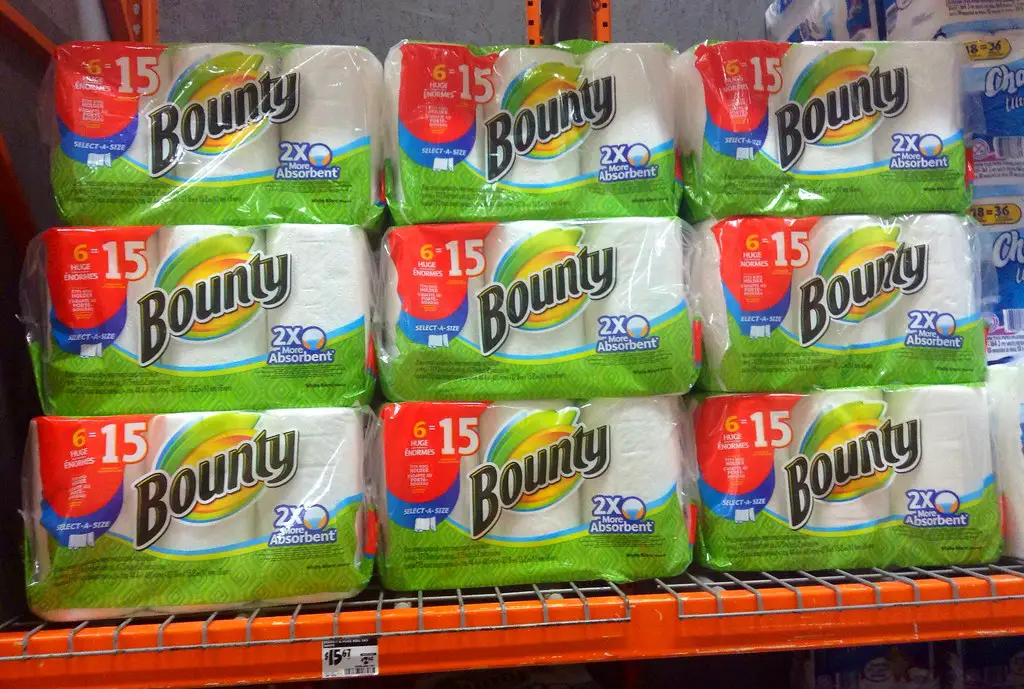
Paper towels are often seen as a quick and convenient solution for cleaning, but they can create unnecessary waste and clutter. According to The Spruce, the average American uses about 2,400 paper towels annually, which contributes to both environmental waste and a cluttered home. By switching to reusable cloth towels, you can cut down on waste while also creating more space in your kitchen cabinets.
In addition to being more eco-friendly, reusable towels can also save you money in the long run. Cloth towels are more durable, can be washed and reused, and come in a variety of styles that match your home décor. Adopting this small change can lead to a cleaner, more organized kitchen while reducing your household’s carbon footprint.
3. Fast Fashion Clothes

It’s tempting to buy trendy clothing items that are on sale or heavily marketed, but fast fashion creates unnecessary clutter and is often of poor quality. As The Guardian points out, these clothes are often worn only a few times before they lose their appeal or wear out, contributing to a cycle of clutter and waste. Instead of purchasing these fleeting trends, focus on building a minimalist wardrobe with quality, timeless pieces that can be mixed and matched.
By investing in fewer, higher-quality items, you’ll not only have more closet space but also feel more confident in your wardrobe choices. This shift can help you avoid the constant cycle of buying and discarding clothes that don’t truly serve you. A capsule wardrobe of carefully selected items is a more sustainable and stylish approach, reducing both clutter and decision fatigue.
4. Excessive Cleaning Supplies
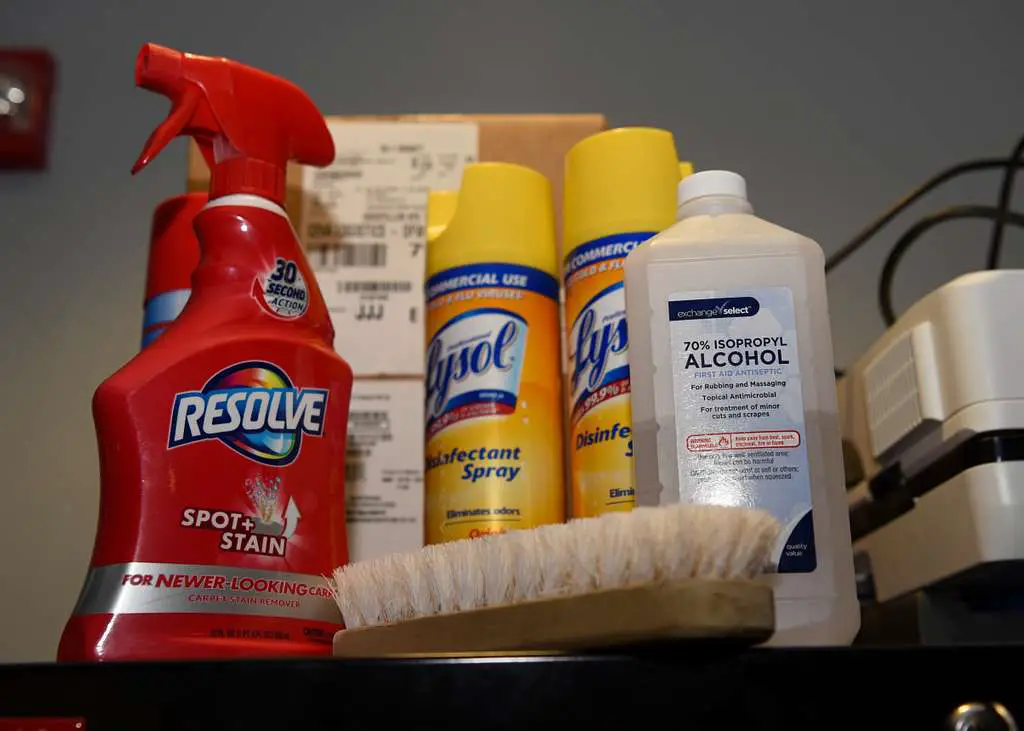
Many people keep a variety of cleaning products for specific tasks, such as floor cleaners, bathroom cleaners, and window sprays. However, this approach often leads to a cluttered cleaning cabinet filled with products that do the same job. As noted by Good Housekeeping, many cleaning tasks can be accomplished with just a few multi-purpose products, such as vinegar, baking soda, and an all-purpose cleaner.
Instead of cluttering up your cabinets with dozens of different products, opt for versatile, multi-purpose cleaners that work in various areas of your home. By streamlining your cleaning supplies, you’ll free up valuable storage space while still maintaining a clean and hygienic environment. Organizing your cleaning supplies and using fewer products also reduces the chances of duplicates and excess.
5. Old Magazines and Newspapers

While magazines and newspapers can be fun to read, they quickly pile up and create clutter in your home. Many people hold on to issues because they feel nostalgic or believe they might need the information later, but this tendency often leads to an overflow of unread publications. One of the biggest contributors to clutter is paper, including magazines and newspapers.
Instead of keeping every magazine or newspaper issue, go digital whenever possible. Subscribing to online news services or reading magazines via apps can significantly reduce physical clutter. Periodically purging your collection of old reading materials can help keep your home looking neat and organized, without sacrificing access to useful information.
6. Single-Use Plastic Bottles
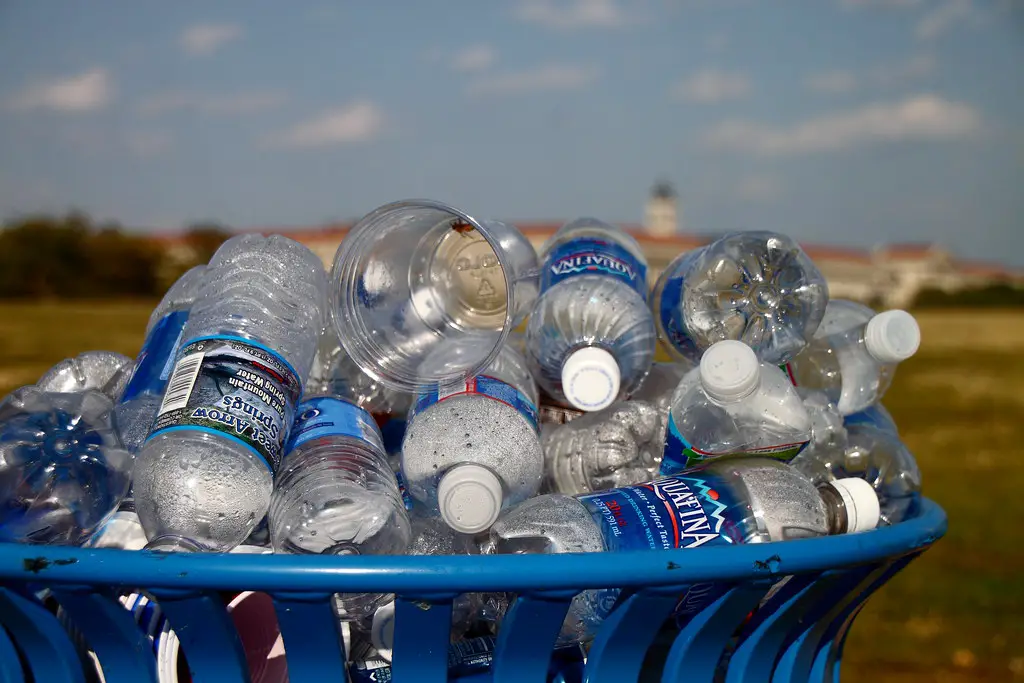
Single-use plastic bottles are not only harmful to the environment but also create unnecessary clutter in your home. Many people keep piles of water bottles, juice bottles, or other beverage containers around, even after they’ve been emptied. More than 35 billion plastic bottles are used annually in the U.S., most of which end up in landfills.
Instead of stockpiling plastic bottles, consider switching to a reusable water bottle or glass containers. This not only eliminates the clutter from your kitchen counters and cabinets but also helps reduce your environmental footprint. Investing in a high-quality reusable bottle is an easy step toward living more sustainably and keeping your home less cluttered.
7. Expired Beauty Products
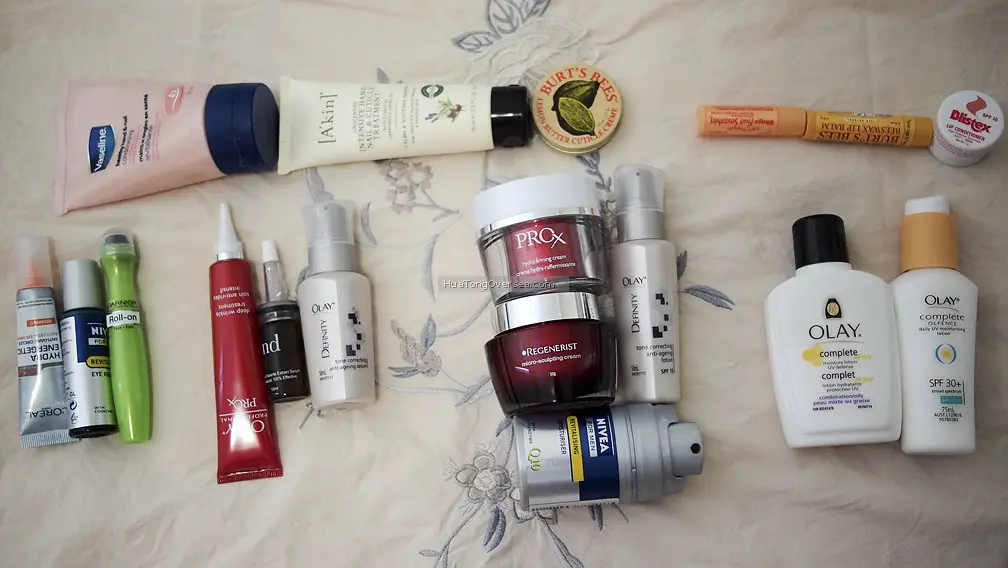
Beauty products, such as lotions, makeup, and shampoos, often linger in cabinets long after their expiration dates. Many people keep these items because they were expensive or because they think they will use them eventually. However, using expired products can lead to skin irritation and other health issues, and holding onto them only adds to bathroom clutter.
To keep your bathroom organized, take the time to regularly check expiration dates and toss any products that are no longer effective. By sticking to a more minimal skincare routine, you can reduce the clutter of half-used bottles and jars. Buying fewer products and being more selective with what you keep ensures your beauty collection remains functional and organized.
8. Excessive Throw Pillows
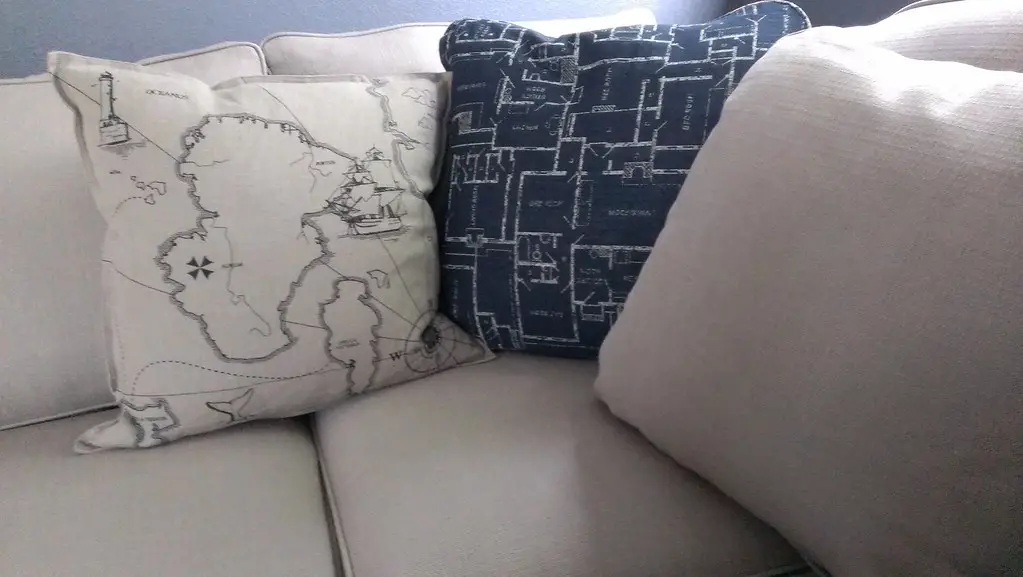
Throw pillows might seem like an easy way to add style and comfort to your living space, but too many pillows can create clutter and overwhelm your furniture. Many people end up with pillows scattered around or piled on the floor, making it harder to keep the living area tidy. Instead of accumulating endless cushions, choose a few high-quality pillows that truly complement your space.
Focus on pillows that serve both functional and decorative purposes, such as those that provide lumbar support or comfort for lounging. By simplifying your throw pillow collection, you’ll create a more serene and organized living area. Fewer pillows can still provide the same amount of style without creating visual clutter in the room.
9. Unnecessary Storage Bins
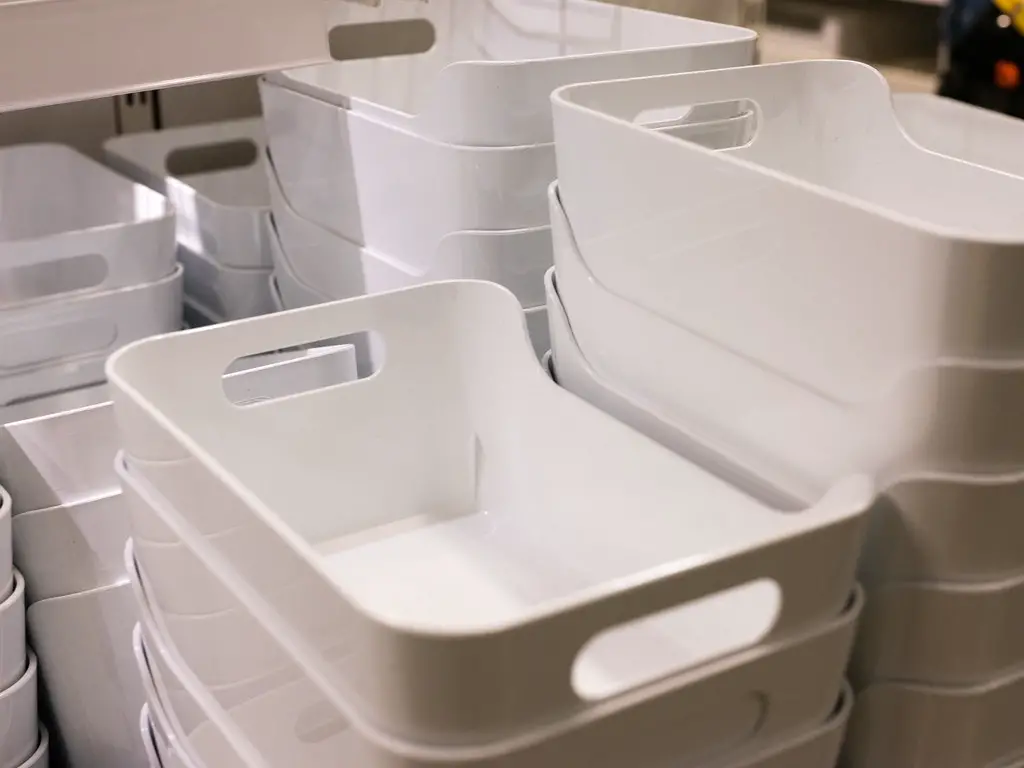
Storage bins are often seen as a solution to disorganized spaces, but they can sometimes add to the clutter if not used wisely. Relying too heavily on bins for storage can result in forgotten items stacking up, creating even more chaos in your home. Instead of constantly buying new storage bins, assess whether you really need them or if you simply need to declutter.
Storage bins should be used for seasonal items or things you need to keep but don’t use regularly. By limiting the number of bins and regularly evaluating what’s stored in them, you can keep your home from becoming overwhelmed with unnecessary containers. A better approach is to embrace open storage systems that allow you to see what you own and avoid excessive accumulation.
10. Old Electronics
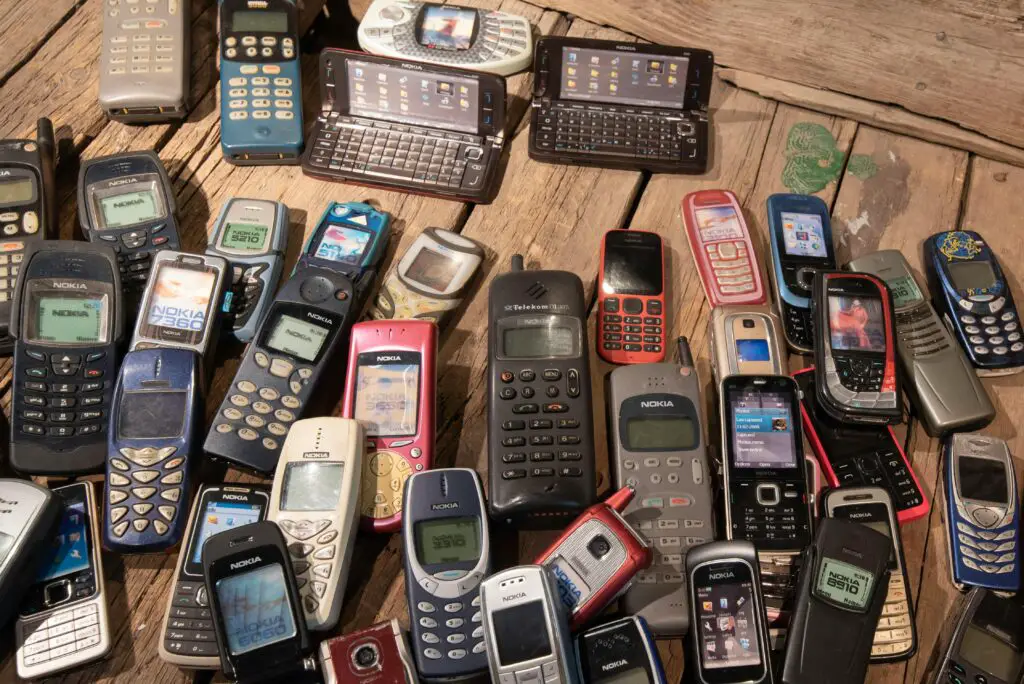
Outdated electronics, such as old phones, laptops, or televisions, can take up significant space in your home, especially if you don’t know what to do with them. Most electronics are replaced long before they stop functioning, leading to an accumulation of items you no longer use. Keeping these devices often leads to clutter, especially in drawers, closets, or basements.
Instead of holding on to outdated electronics, consider recycling them responsibly. Many electronics retailers offer trade-in or recycling programs, ensuring your old devices don’t just take up space. Decluttering your electronics not only frees up room but also prevents you from holding on to things that no longer serve a purpose.
11. Promotional Items

From free pens to branded tote bags, promotional items may seem like harmless giveaways, but they often end up cluttering your home. These items rarely get used and instead take up space in drawers or on shelves. While some promotional items may be useful, many are merely wasteful and contribute to the clutter that builds up over time.
To avoid clutter, be selective about the promotional items you keep. If you receive a freebie that doesn’t offer much practical use, it’s best to donate or recycle it. Being mindful about these seemingly innocent giveaways can help you maintain a tidy and clutter-free home.
